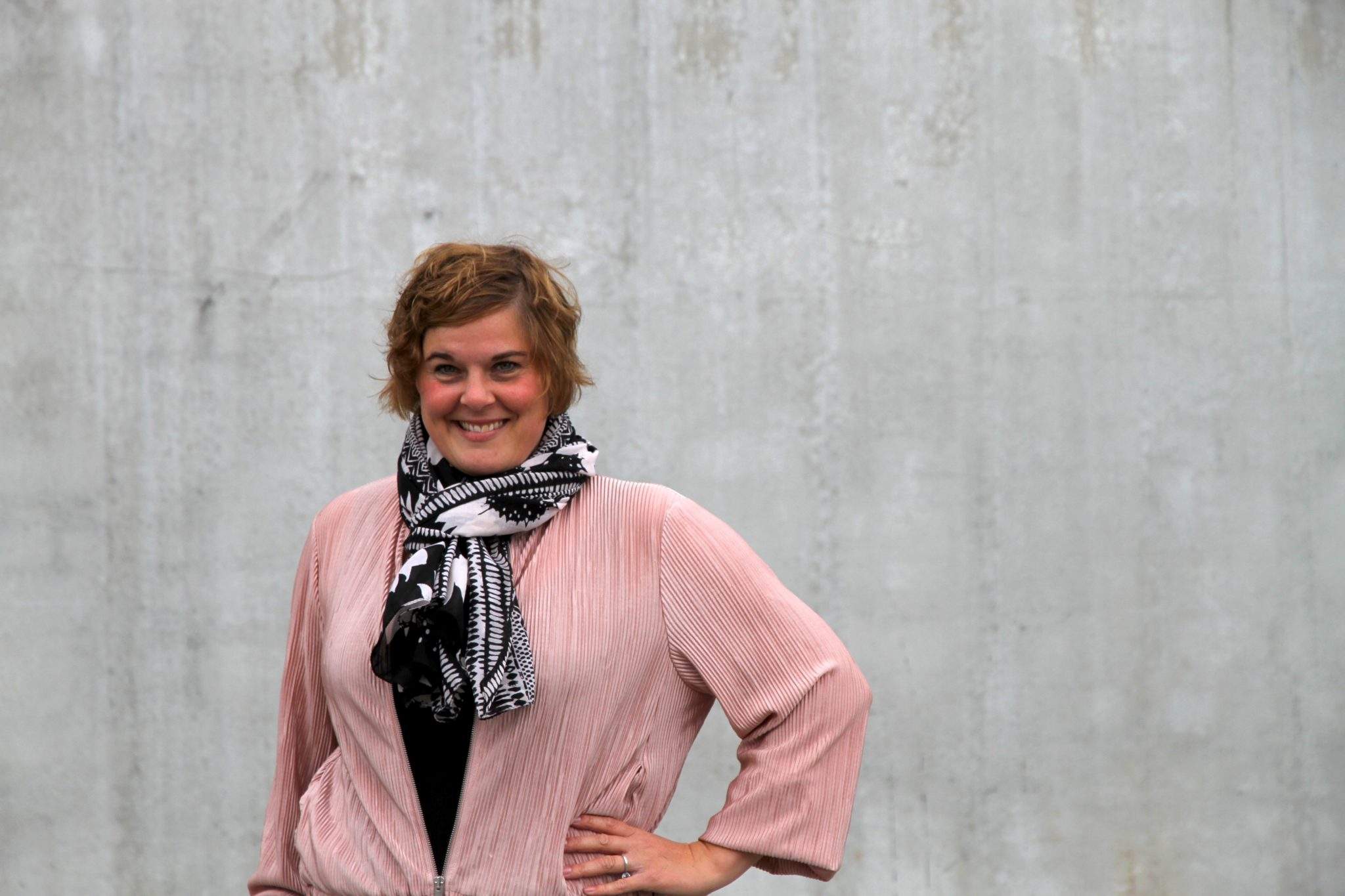Interview med Sofia Furstenberg, Business Development Manager, Nor-Shipping

Alle taler om Ocean economy, men hvad betyder det mere konkret for jer? When we refer to the Ocean Space, we talk about the following activities creating economic value: a) transport b) energy c) food farming and harvesting d) mining e) tourism. Included is also the various business opportunities related to the governance of a sustainable ocean industry, like cleanup, safety and ownership structures. This definition of the Ocean Space is also in line with the definition outlined in Norway’s growth plan for a sustainable ocean economy. Hvad kan havnene gøre for at understøtte jeres business cases? This conference is a starting point for a discussion. We are interested in understanding the different drivers for change, throughout the value chain. Ports are crucial in the development of the ocean economy, and there are many interesting questions to look at. Will there for example be a need for offshore port infrastructures, and how can the ports prepare for servicing new types of vessels and for supporting system level opportunities, like that of digitalization? For many of the identified opportunities for the maritime sector, there will be an impact to port infrastructure and operations. In many cases, these impacts will require a coordinated approach in order to get a feasible outcome. How are the ports preparing for such change? Hvem skal gå først i open ocean agendaen? I har selv en konference til maj, Opening Ocean Conference, hvor I bringer alle aktører sammen, er det et joint effort, for at mulighederne kan realiseres? We strongly believe that the ocean opportunities can mainly be fully realized through supporting and collaborative business models. We don’t believe this can be done by one company alone, and thus “who takes the first step” becomes irrelevant; it has to come from a joint commitment, and from an expectation of joint value creation. You could then argue, that maybe there will never be any first steps made. We believe, that the industry needs to change, that it needs to find new income models, unless it will pursue the prospect of long-term marginal growth. This conference is therefore important, as a platform to take the first discussions, to clarify the value opportunity of doing something, but equally also clarifying the risk of doing nothing. Har du nogle eksempler på områder indenfor Ocean economy, hvor der allerede er udviklet best practices? With a new set of industries likely to evolve quickly, ocean governance is going to be an important factor in getting this right. For the sustainable development of the ocean economy, rules and regulations are essential but so is a level of governance that meets societal expectation; this goes beyond state regulations to a supranational level. Such case studies that will be leading the way in the evolution of a set of sustainable ocean economies will demonstrate collaboration. By this I mean collaboration between new and old – they will highlight where the incumbent industries in the ocean space can offer value to the emerging ocean economy actors. The case studies will highlight how the four pillars of society, industry, government and academia will collaborate to meet the goals of the UN sustainable development goals. See Sofia Fürstenbergs presentation here Members of Danish Ports can get a 25 percent discount to the Opening Oceans Conference on the 2nd and 3rd of May 2018. If you are interested in this discount please contact, Sofie Gravers Jacobsen at sgj@danskehavne.dk
